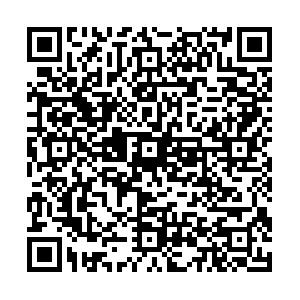摘要:
探索应对方式和学习自我效能感在农村留守儿童社会支持与学习主观幸福感之间的中介作用,为提高农村留守儿童的学习主观幸福感提供实证依据.方法 方便抽取贵州和重庆6所农村中小学的1 618名四至九年级学生,采用社会支持评定量表、特质应对方式问卷、学业自我效能感量表和中学生学习主观幸福感量表进行调查.结果 留守儿童学习主观幸福感与学习自我效能感、积极应对、社会支持均呈正相关(r值分别为0.50,0.23,0.36,P值均<0.05),与消极应对呈负相关(r=-0.33,P<0.01).农村留守儿童的社会支持正向预测学习自我效能感和学习主观幸福感(β值分别为0.383,0.195,P值均<0.01),负向预测消极应对(β=-0.321,P<0.01);农村留守儿童的学习自我效能感正向预测学习主观幸福感(β=0.402,P<0.01);农村留守儿童的消极应对负向预测学习主观幸福感(β=-0.224,P<0.01).农村留守儿童的消极应对和学习自我效能感在社会支持与学习主观幸福感间起中介作用.结论 农村留守儿童社会支持直接并通过消极应对和学习自我效能感间接影响学习主观幸福感.
关键词:
-
农村人口 /
-
学习 /
-
社会支持 /
-
精神卫生 /
-
儿童
Abstract:
Objective To explore whether coping style and learning self-efficacy mediated the relation between social support and learning subjective well-being among rural left-behind children.Methods Social Support,trait coping style,self-efficacy and learning subjective well-being was investigated among 1 618 students in grade 4-9 from Guizhou and Chongqing.Results Learning subjective well-being was positively correlated with learning self-efficacy,positive coping style and social support.There was a significant negative association between learning subjective well-being and negative coping style(P<0.01).Social support among rural left-behind children significantly correlated with learning self-efficacy(β=0.383,P<0.01),learning subjective well-being(β=0.195,SE=0.064,P<0.01) and negative coping styles(β=-0.321,P<0.01).Learning self-efficacy significantly associated with learning subjective well-being(β =0.402,P<0.01).Negative coping styles showed negative effect on learning subjective well-being(β=-0.224,P<0.01).Conclusion Negative coping style and learning self-efficacy among rural left-behind children plays a key role mediating the association between social support and learning subjective well-being.

 点击查看大图
点击查看大图





 下载:
下载: